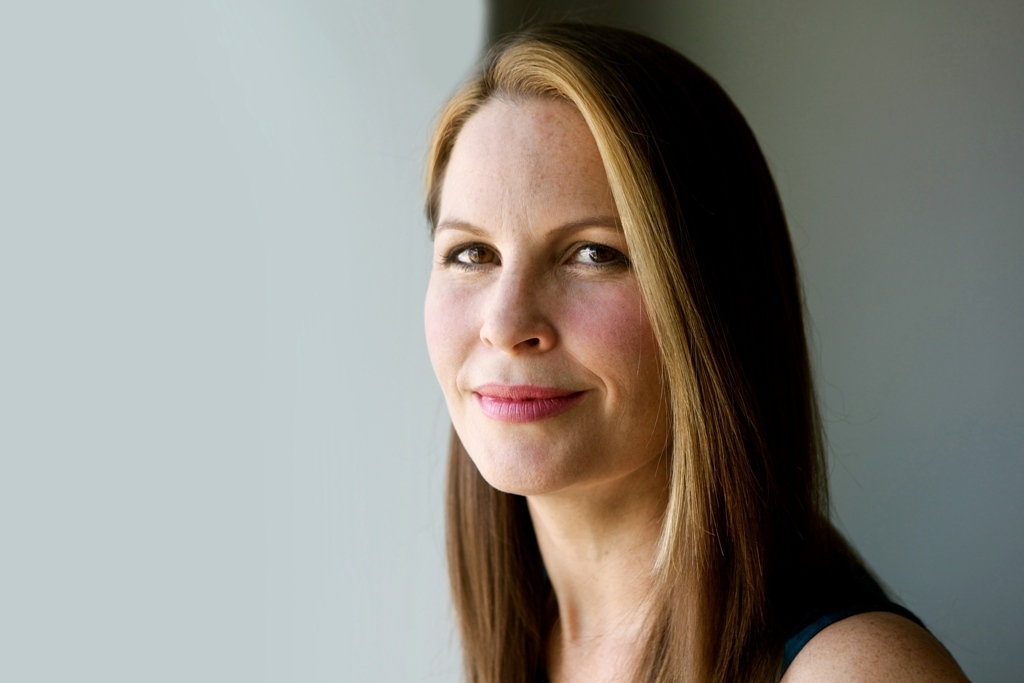More needs to be done to reduce global gender discrimination and to bring women closer to equality with men. So said Minky Worden, director of global initiatives at Human Rights Watch, a leading NGO, as she recently addressed a large crowd at the Ottawa Writers Festival.
Worden spoke at length about this pressing issue and about the challenges faced by the women’s rights movement in the 21st century. She also discussed the book she edited entitled The Unfinished Revolution: Voices from the Global Fight for Women’s Rights (with a foreword by Christiane Amanpour). The volume contains more than two dozen essays by respected authors, researchers and journalists, providing global and regionally-oriented perspectives on women’s rights and gender equality challenges. The Unfinished Revolution examines many timely topics, including the implications of technological advances on women’s rights, the trafficking of women and girls, and the continuing struggle to expand gender-based equality in war-torn regions of the Middle East and the developing world. Closer to home, a revealing essay discusses the efficacy of government pursuance of post-rape forensic analysis and criminal investigations in the United States of America.
Worden addressed the uphill struggle for women’s rights in much of the developing world, particularly in the Middle East where, even if a woman is abused physically or sexually by her husband, she cannot legally apply for a divorce. When discussing women’s rights (or the lack thereof) in much of the Middle East and Muslim world – particularly in Afghanistan – Worden observed that “with the military pull-out of Afghanistan fast approaching, there is fear of a humanitarian pull-out as well”… a very real possibility that, if the International Security Assistance Force (ISAF), often called the Coalition Forces, is removed from Afghanistan, gains that were made for Afghan women and girls (like access to schooling and improved health care) will be reversed once the Taliban takes control. The Taliban and other radical Islamic factions could easily regain power in a country that is beset with corrupt governance and an inadequate, undisciplined military.
It takes time to effect change. We should not forget that it has been some 90 years since the world first saw visible positive change in the promotion of women’s rights and gender equality — the most fundamental of which likely remains the right to vote obtained by women in North America shortly after the end of the First World War. As Minky Worden puts it: “We need to look back at our history to judge how we are doing on women’s rights in the present. Without looking at the past, we cannot accurately assess the present.”
The Unfinished Revolution: Voices from the global fight for women’s rights is in bookstores now.

